—Words Leanne Clancey
—Photography Tasha Tylee
How Morris Family Foundation director Hayley Morris is harnessing her family’s fortune to cultivate meaningful impact — from boardroom to dining room, farm to table.
When it comes to professional commitments, Hayley Morris wears considerably more hats than most. From philanthropist and not-for-profit founder to environmental advisor, impact investor and executive director of her family office, Morris is as accomplished as she is scheduled.
A mother of three who splits her time between her beachfront St Kilda West home and the family’s 444-hectare Cape Schanck estate, 42-year-old Morris projects an admirably poised presence for someone who wrestles social, environmental and commercial challenges for multiple organisations on a daily basis. Her composure seems to be a mark of both regular meditation practice and a deeply rooted sense of purpose, as well as an inherited family philosophy that centres gratitude and altruism.
“Growing up, I was in awe of my dad and his achievements. He was entirely self-made. He had humble beginnings, worked hard and became extremely successful,” she explains. “I grew up very aware of the privilege and opportunities that [his success] gave me, but I think I also internalised a belief that any success of my own needed to be earned autonomously.” Her father Chris Morris retains a stake in Computershare, the $14.8bn ASX-listed share registry service he founded in the ’70s, while also overseeing an expansive tourism portfolio that includes the newly opened $20,000-per-night Pelorus private island in Queensland. Hayley has worked alongside him since her teens, first at Computershare and then joining the Morris Group of businesses where she now serves as director. She also heads up the Morris Family Foundation, which donates $2.5-3m annually to projects both at home in Australia and in developing nations.
Chris Morris, whose own parents opened their doors to a young refugee child in his youth, tells The Luxury Report: “Philanthropy and giving back were a strong part of my family’s culture growing up and this has stayed with me throughout my working life.” In 2005, he set up an employee giving program whereby Computershare matched payroll donations to local and global projects tackling poverty and climate issues, with some $11m donated since then. He continues: “When I retired as CEO and went to set up our family office in 2008, it was a natural step to establish the Morris Family Foundation as a part of this.”
Hayley says her relentlessness, sense of possibility and appreciation of generosity were instilled in those early years as a Computershare employee, though the desire to forge her own path and a growing interest in environmentalism prompted her to step away from the business in her mid-20s.
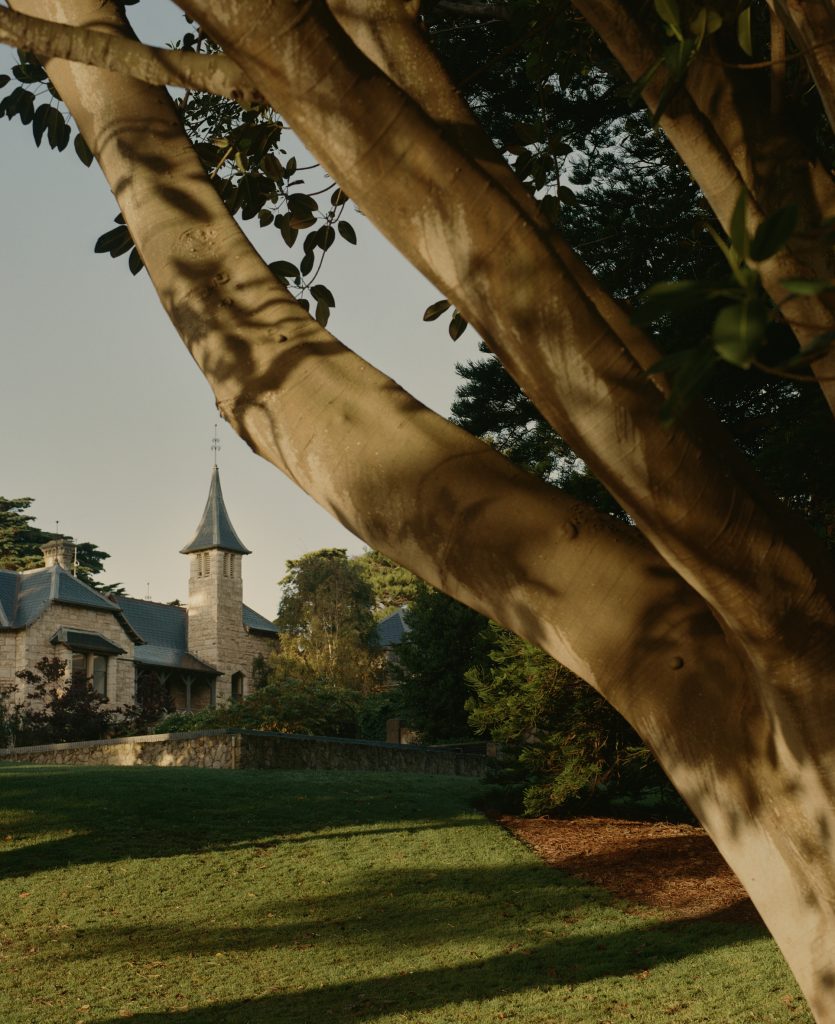
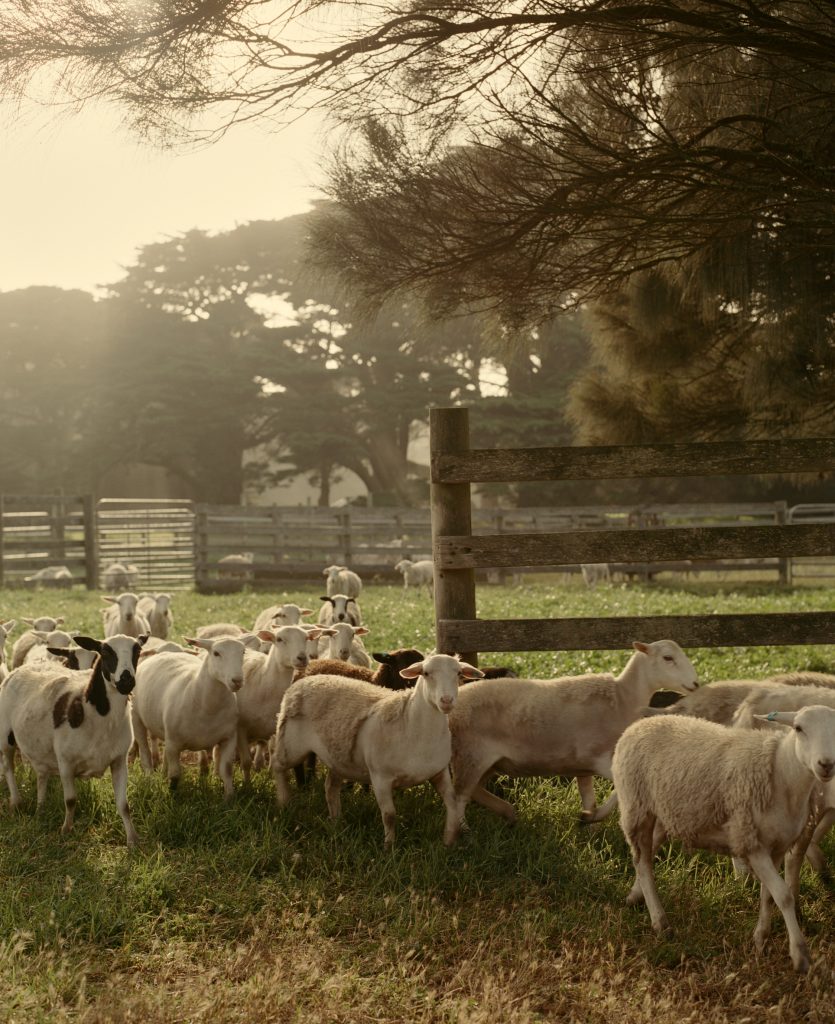
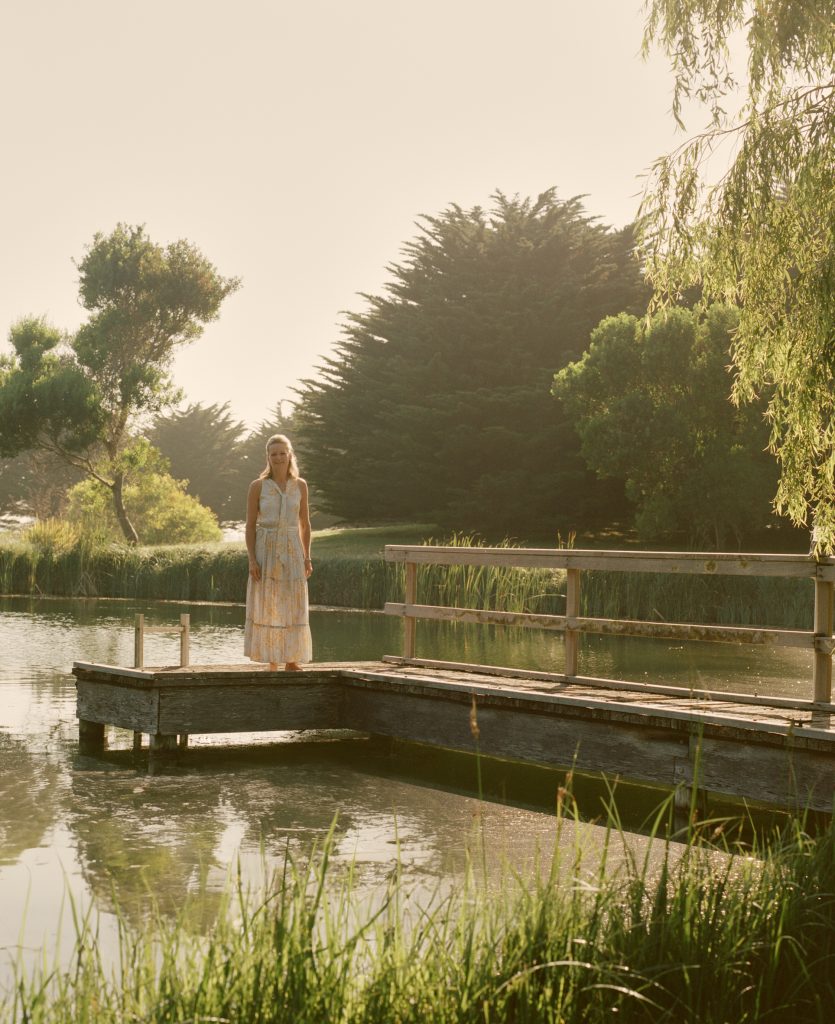
After undertaking post-graduate studies in sustainability, she founded Sustainable Table, a not-for-profit connecting regenerative projects with philanthropic funds and impact investors. “I definitely inherited my dad’s work ethic and entrepreneurialism, so I used that to forge my own path doing what I was passionate about,” Morris says. She also co-founded Impact Sustainability, a business that provides companies with technology solutions that enable them to monitor and take action to reduce their carbon emissions more easily. She is still actively involved in both organisations.
After several years following the call to environmentalism, Morris reached a personal and professional juncture that caused her to reconsider how and where she could best use her skills to enact systemic change. “In 2014, my mum passed away and I had some time out from Sustainable Table and Impact Sustainability,” she shares. After this period of reflection, she found herself excited by the prospect of working on the expanding portfolio of businesses that would become Morris Group. “I got involved at a board level for most of the businesses and in the operations of some of the tourism businesses,” she continues. “And I had been involved in the foundation’s not-for-profit work through Sustainable Table, so it made logical sense for me to get [more heavily] involved there.”
Today, the Morris Family Foundation helps to deliver grassroots environmental and social justice projects in collaboration with First Nations communities and established charities in the areas of regenerative agriculture, climate action, ocean conservation and international development. Informed by her sustainability expertise, the mission of the foundation is to the tackle the causes rather than the symptoms of societal and environmental problems.
“When I took a more active focus in the foundation, we started to be more strategic and look at ways we could support projects that had a geographic or issue-based alignment to Morris Group businesses,” she explains. “Mostly, I was driving the people and planet initiatives, and ensuring this was a focus for our CEOs. Through this, I got more heavily involved in the philanthropic community and then the impact investment community, to start aligning the foundation’s investments with environmental causes.”
The Morris Group stable now spans hospitality, tourism, technology and aviation. It includes pubs such as the Portsea Hotel, South Melbourne’s O’Connell’s Hotel and Brighton’s Half Moon, as well as craft breweries. There is also a charter fleet of helicopters and superyachts, luxury lodges and private islands on the Great Barrier Reef. Finding a way to merge the commercial success of these ventures with the increasingly urgent needs of the environment is central to Hayley’s professional ethos. Her work has long been anchored by her understanding of the interconnectedness of life, business and nature, and she’s been ahead of the curve in identifying the opportunities that are now emerging within that paradigm — in ways that many business leaders are only just catching on to.
This approach has meant innovating to find new ways to collaborate, economise and amplify impact through shared projects and common goals across the portfolio.
“Dad always said ‘focus on what you are passionate about, and success — whatever that looks like to you — will follow’,” she says.
“I have always been driven by a strong passion towards my interests in life, which are now very focused on environment and regeneration. I think this drive was passed down via both nature and nurture.”
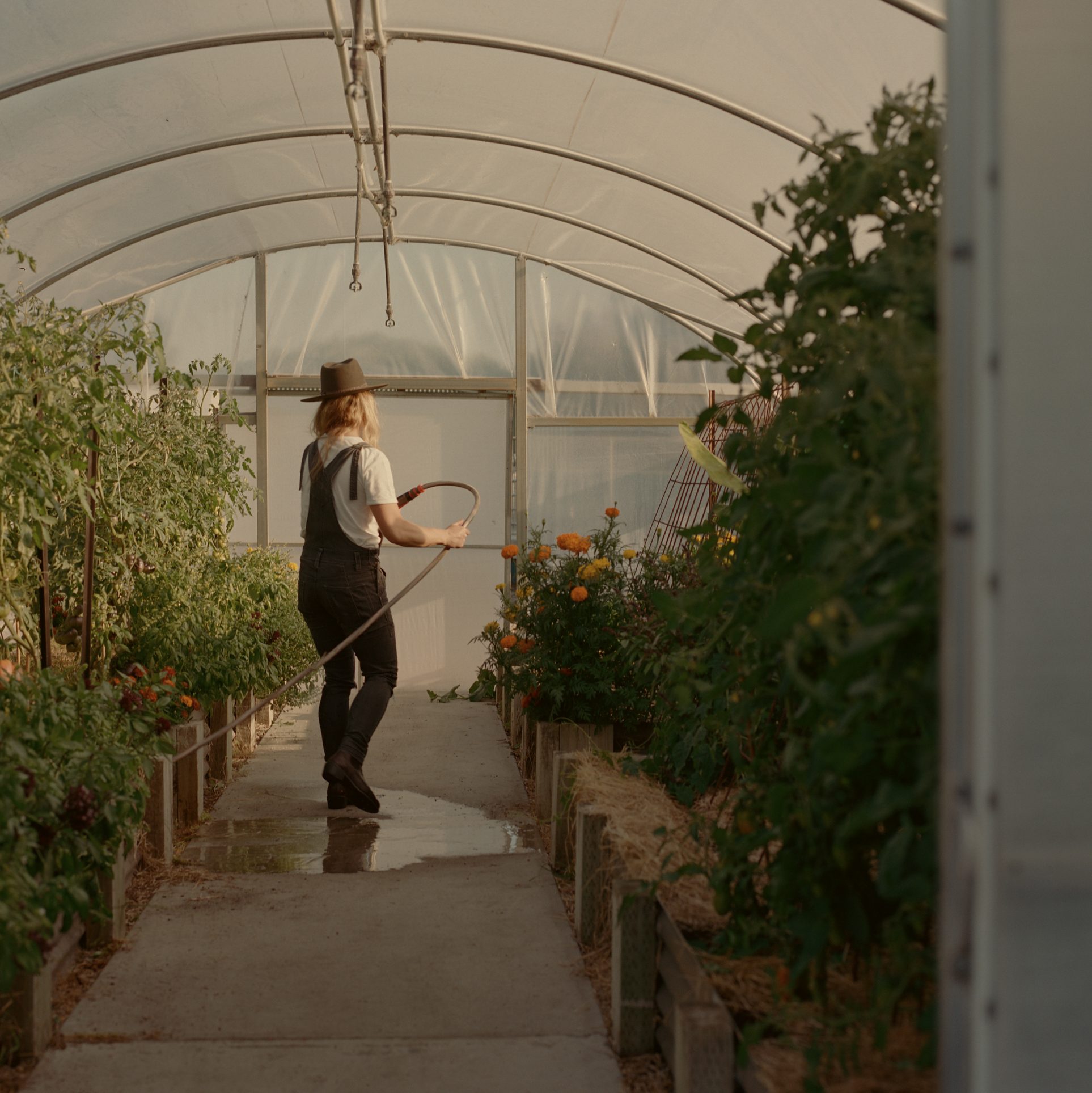
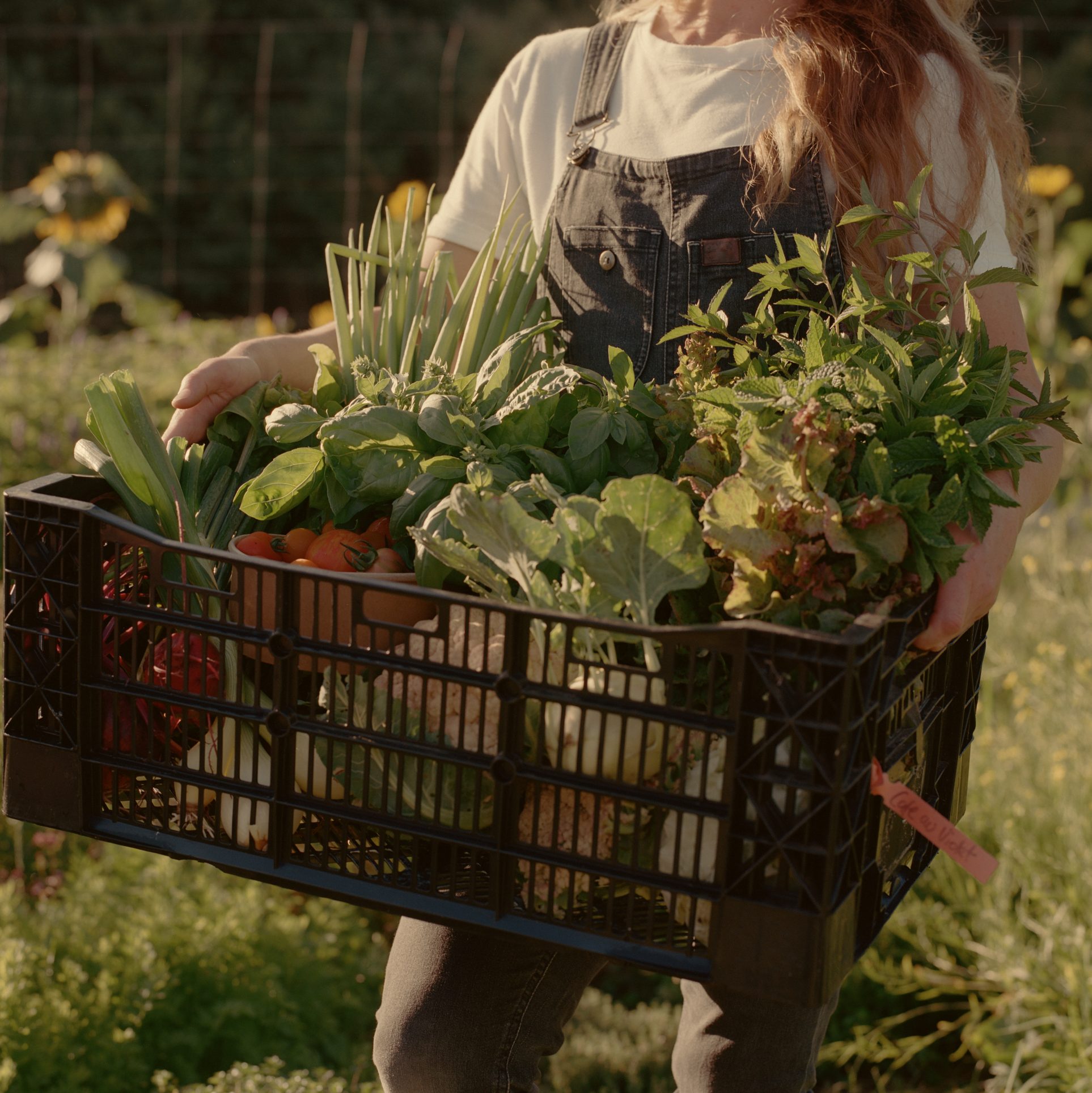
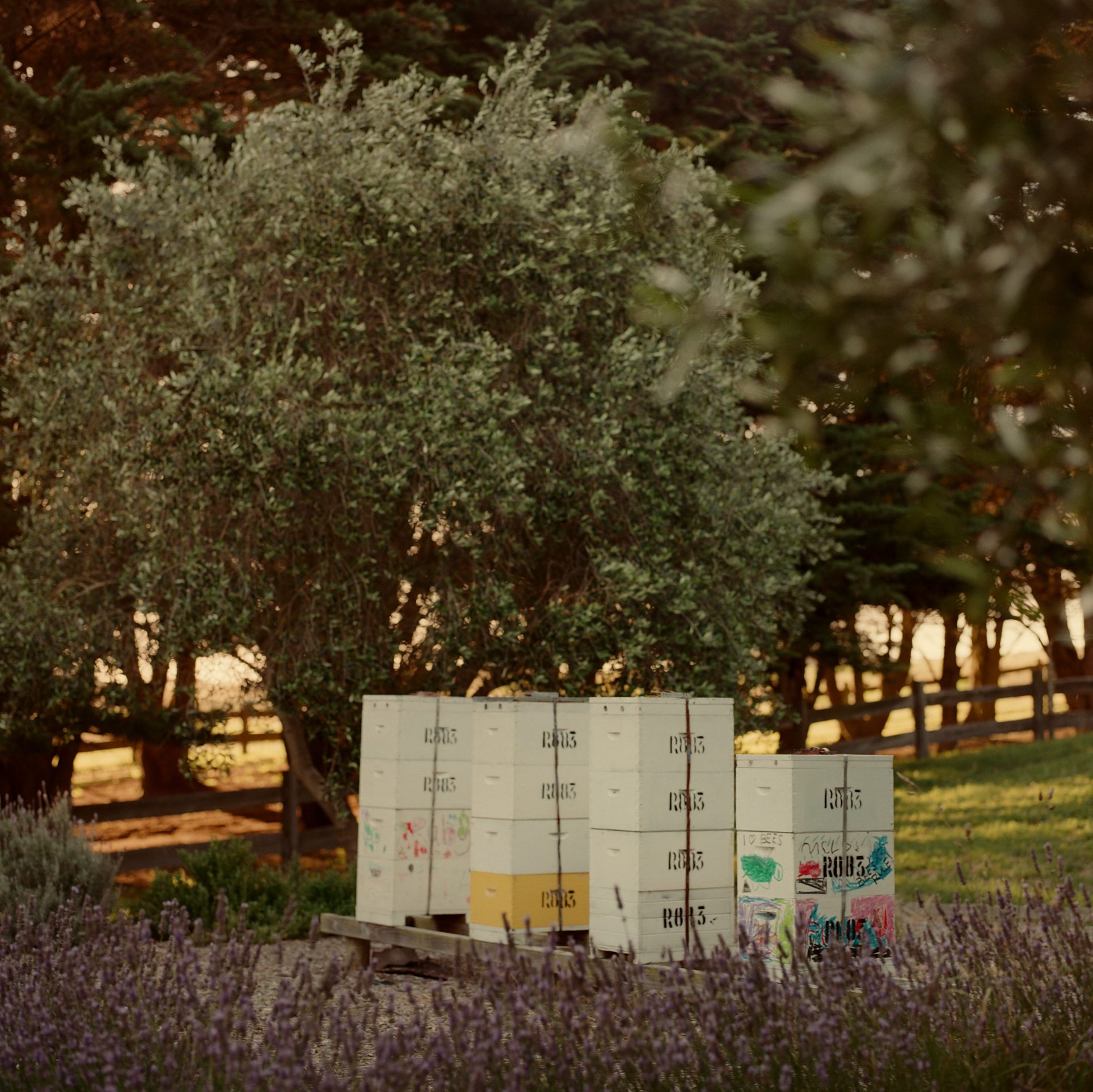
Her next major project—set to launch this spring—harnesses much of this passion and is perhaps the greatest showcase of her trademark approach: a regenerative farming collective and 40-seat farm-to-table dining experience nestled within the orchards of the family’s historic property on the Mornington Peninsula, Barragunda Estate.
Designed by Melbourne architect David Dubois, the project will see an existing agricultural shed transformed into a 120sqm glazed pavilion dining room overlooking the market garden. Featuring recycled timber joinery and furniture, an open fireplace, and warm terracotta tones, the venue will incorporate a wine bar and store, plus an enclosed courtyard garden with fire pit and grill.
Aimed at “connecting people to the food system”, Barragunda Dining will unite Morris’ interest in food, farming and environmental restoration—while taking diners on a journey through provenance and the seasons. This dedication to fresh produce feels like a full-circle moment, echoing her father’s formative experiences working on orchards in Templestowe as a child and later selling tomatoes at Melbourne’s wholesale produce markets.
Hayley says: “One of the big challenges with the modern food system is the massive disconnect between the population, our farming communities and how our food is grown. Our vision for Barragunda Dining is to connect people to the way we are approaching farming through a regenerative lens and the best way to do that, always, is through simply enjoying a meal in a beautiful environment.”
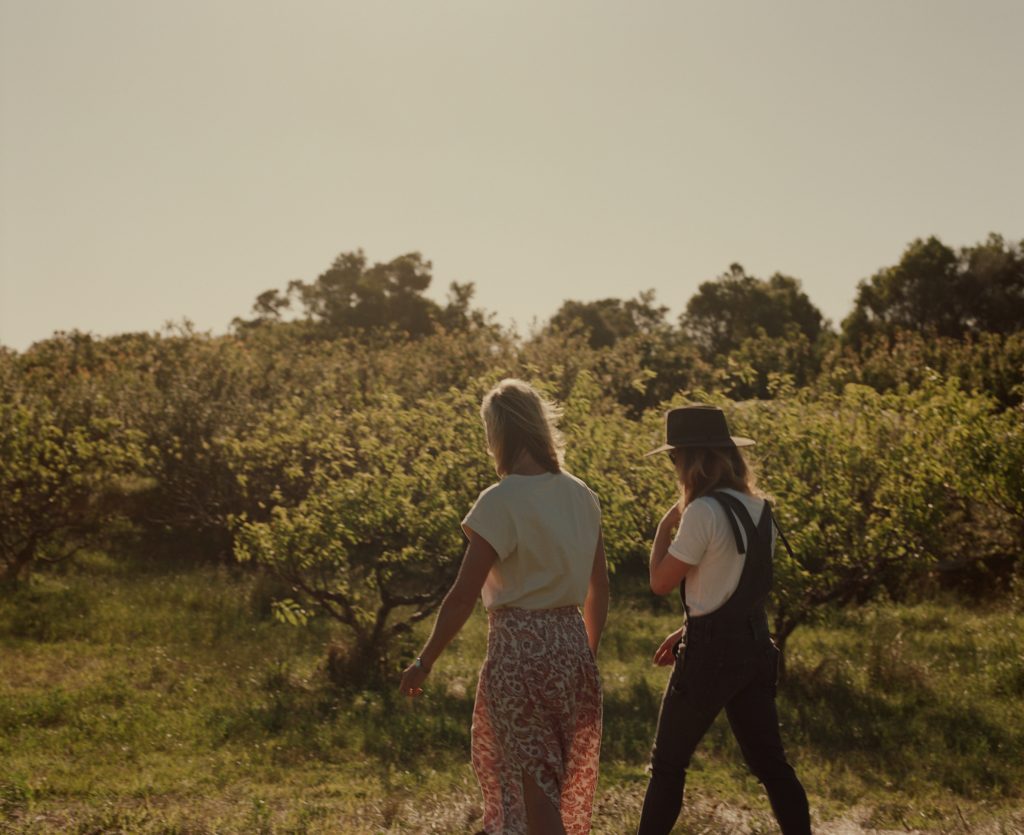
She adds that the stories behind the produce, the influence of the location’s rugged natural beauty, and a strong sense of place will all play a vital part in the dining experience. “We’ve really seen from our [Morris Group] tourism businesses that when people step outside of their normal routine, they’re so much more open,” she says. “In an environment where you are relaxed and connected to what you’re eating and drinking, everything just seems to taste better, and we tend to give much more value to it.”
Chef Simone Watts, who worked alongside chefs including Greg Malouf and Adam D’Sylva before heading up the kitchen at the Morris family’s Daintree Ecolodge in Far North Queensland, will be at the helm of the new restaurant. She will split her time between the farm and kitchen to help showcase the produce grown and reared on-site by the collective of small-scale local producers who lease plots on the property.
The farm currently produces beef, lamb, honey and a range of seasonal vegetables and orchard fruits, and Watts plans to introduce eggs and pork this year. “It certainly won’t be the small garnish kitchen garden that is often the case for restaurants, this one will be very productive,” she explains. She adds: “My style of food is very vegetable-forward; I like big, vibrant, generous dishes that make people feel good.” Indeed, the feel-good factor, which Watts believes is lacking in many dining experiences, is set to be a key ingredient at Barragunda Dining. “I don’t think there’s enough discussion in high-end restaurants about the nutrient density of food, and [of the possibility] for diners to leave feeling fulfilled—both emotionally and physically—which is what we want to create here.”
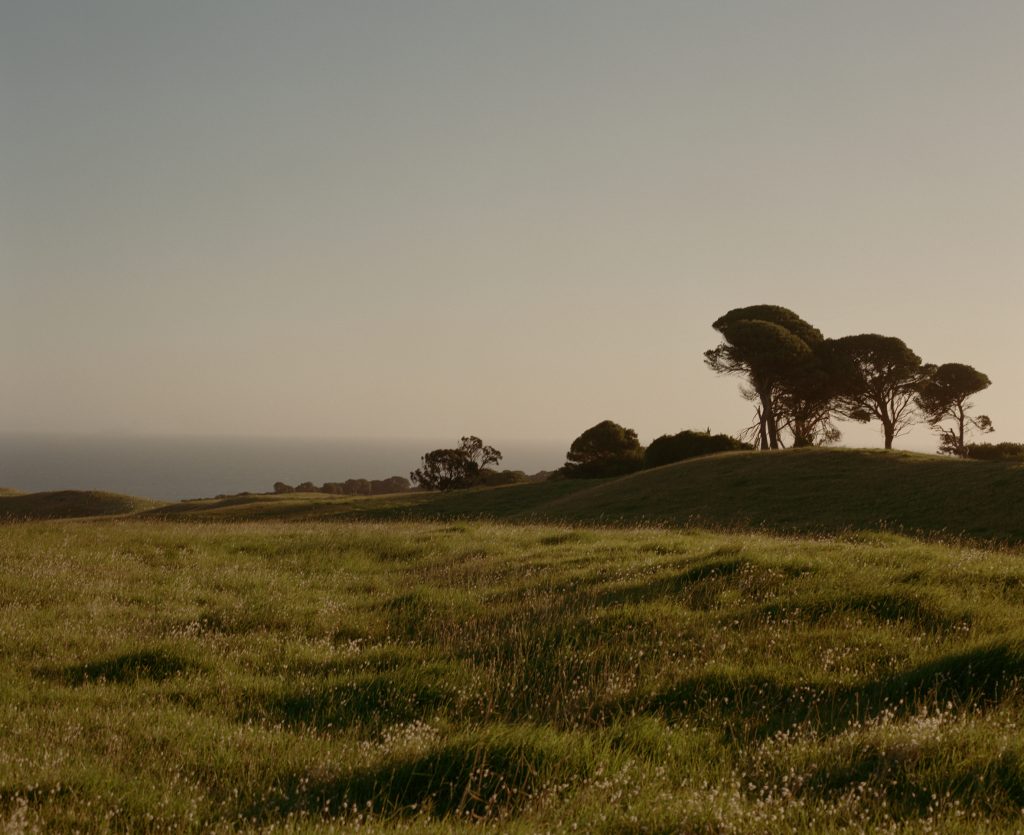
Watts says that ahead of the restaurant opening later this year, the collective is already selling wholesale produce to local grocers and supplying limited quantities to venues within the Morris Group, providing a diversified market for the growers, who operate independently. “I think chefs underestimate what it takes to plan a menu in advance, and to understand quantities and succession sowing,” she says. “The great thing about the way it’s being modelled here is that we [Watts and individual farmers in the collective] work together first, and any excess that is produced outside of our needs can be sold to wholesale clients or in our vegetable boxes, which we sell online.”
While the philosophical side of dining might be eschewed as high-minded by some, Morris believes today’s restaurant-goers are more open to learning about food production and the inherent interconnectedness of humans, nature and what we eat. She says: “We want to bring all those stories into the experience so that people walk away feeling nourished and that they’ve had a lovely time [while connecting] with the environment and with how the food has been grown.” She adds that while she’s “not trying to solve the problems of the food system with one restaurant”, the hope is that visitors can go home with at least a marginally deeper appreciation of what is on their plate.
When probed on what she might be doing if she had not returned to the family business, Morris is unequivocal; “I don’t think there would have been any other path for me, I was so strongly pulled to this work that if I was doing something else, I’m pretty sure the universe would have woken me up in some other way and pushed me in this direction.”
